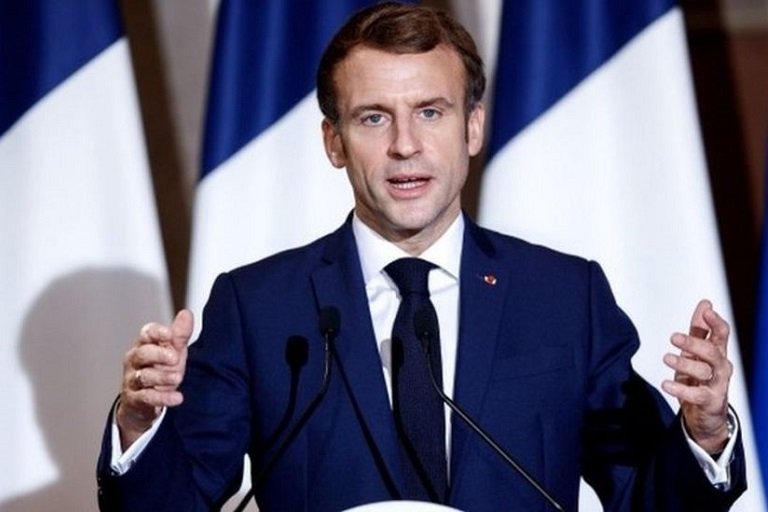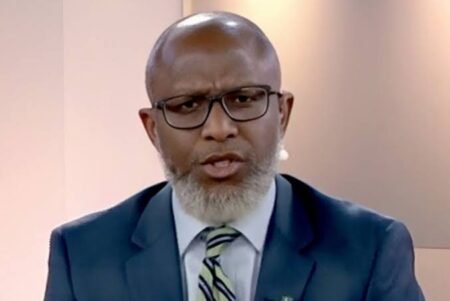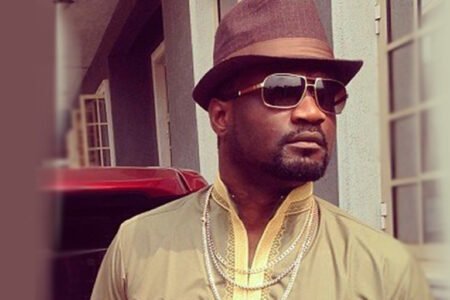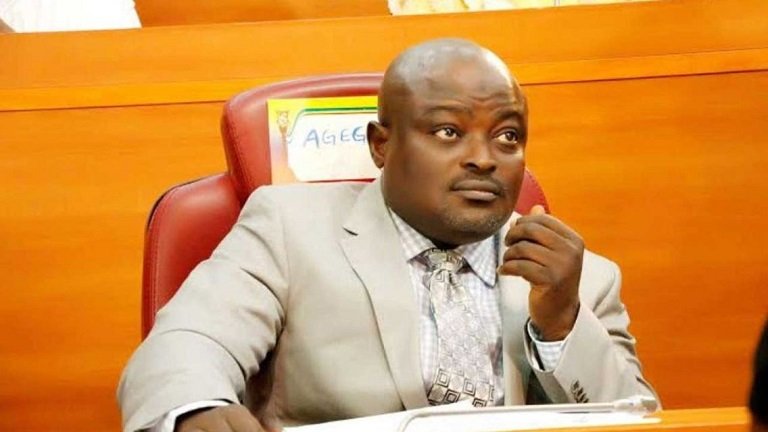French President Emmanuel Macron has stated that he will choose a new prime minister “in the coming days” after Michel Barnier resigned following a no-confidence vote in parliament.
In a 10-minute address to the nation on Thursday, he rebuffed opposition calls to step down, vowing to remain in office “fully, until the end of the mandate” in 2027.
He thanked Barnier for his service as prime minister and accused the French far right and hard left of forming an “anti-republican front” to destabilise the government.
On Wednesday, French MPs voted decisively to fire Barnier, just three months after Macron appointed him.
The vote marked the first time a French government had been defeated by parliament in more than 60 years, a move Macron described as “unprecedented.”
In France, the president appoints the prime minister, who then leads the government.
However, the prime minister must account to parliament, and Barnier served only three months before being dismissed in a no-confidence vote.
Macron may have difficulty finding someone who would not be quickly rejected by parliament, as his choice to call emergency elections in June resulted in a paralysed parliament.
The National Assembly is presently divided into three major voting blocs: the left, the centre, and the far right.
If Macron’s next prime ministerial candidate is to succeed, at least some members of the left bloc will need to be persuaded to join the next administration.
The president was scheduled to meet with numerous party leaders on Friday, having promised the French people that he will “appoint in the coming days a prime minister who will form a government of general interest.”.
He was scheduled to speak with centrists in the “Macron camp” before meeting with Socialist leaders in the hopes of persuading them to break away from the larger left grouping, the New Popular Front. He will also speak with the right-wing Republicans.
Prior to the discussions, socialist leader Olivier Faure stated that he was open to debate and “compromises on every issue” in order to establish a government based on a “fixed term contract.”
However, he made it apparent that he had little inclination to “ensure the continuity of Macronism.”
No fresh parliamentary elections may be held until July 2025, which may explain Faure’s remarks about being open to a short term for the next administration.
Marine Le Pen, leader of the far-right National Rally (RN), responded to Macron’s speech on Thursday by posting on social media: “A little reminder to President Macron, who is supposed to be the guarantor of the Constitution: censure is not anti-republican; it is provided for in the Constitution of our Fifth Republic.”
The New Popular Front (NFP), a left-wing alliance, and Le Pen’s RN both proposed the no-confidence vote that brought Barnier’s leadership down.
They banded together to condemn the government after the former Brexit negotiator used extraordinary powers to push through his budget without a vote.
The motion against Barnier received support from 331 MPs, significantly beyond the 288 required for passage.
Barnier resigned on Thursday, and the budget was immediately withdrawn.
He and his ministers will remain in office as caretakers until a new administration is constituted.
Macron’s role remains untouched. Macron has faced widespread criticism for calling hasty elections, resulting in a parliamentary gridlock and an intensifying political crisis.
He confessed in his speech that his decision “was not understood.
“Many have blamed me for it, and I am aware that many continue to do so. It’s a fact, and it is my obligation.”
Addressing people directly, he stated that some of his political opponents had chosen “chaos over responsibility” and were not thinking “about you, the voters,” implying that their attention was on the upcoming presidential elections.
Macron provided no hint of who would be the next prime minister but stated that the budget for 2025 would be their urgent priority.











